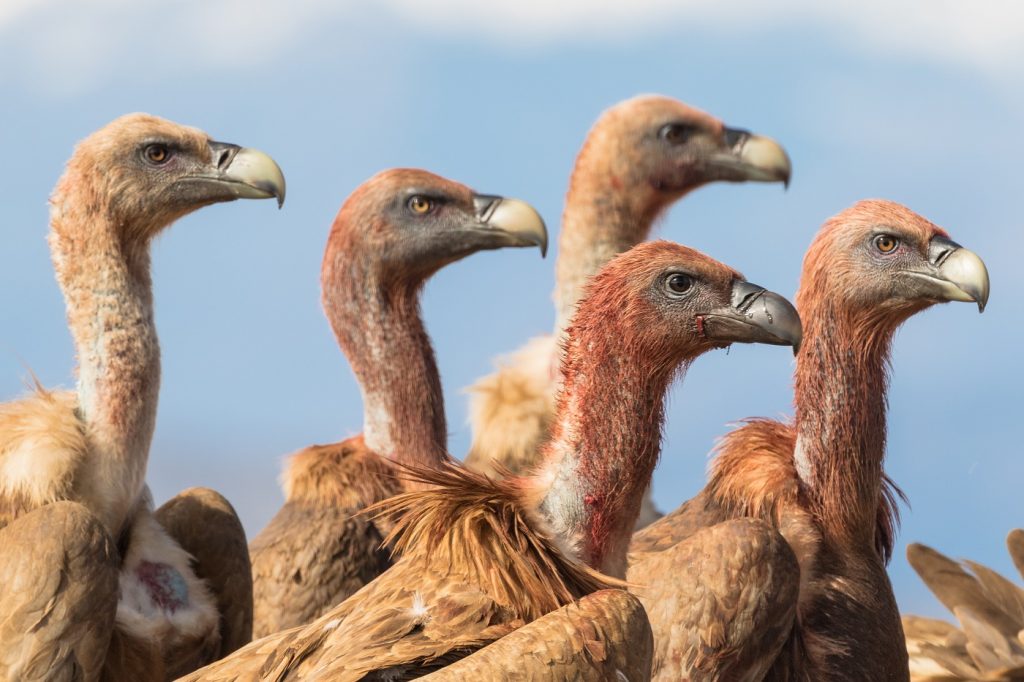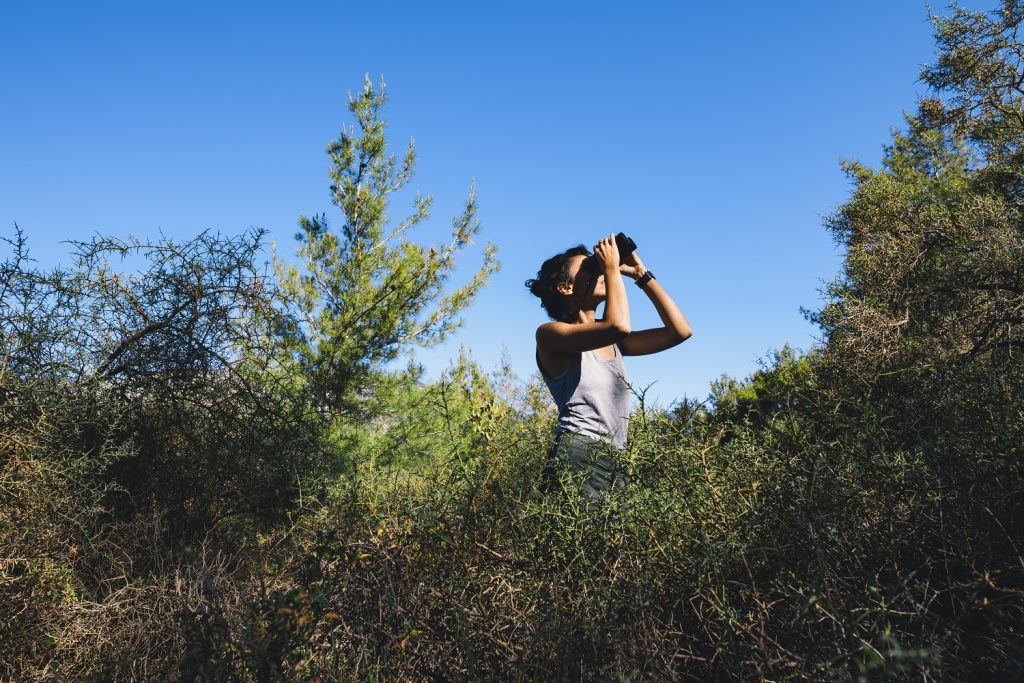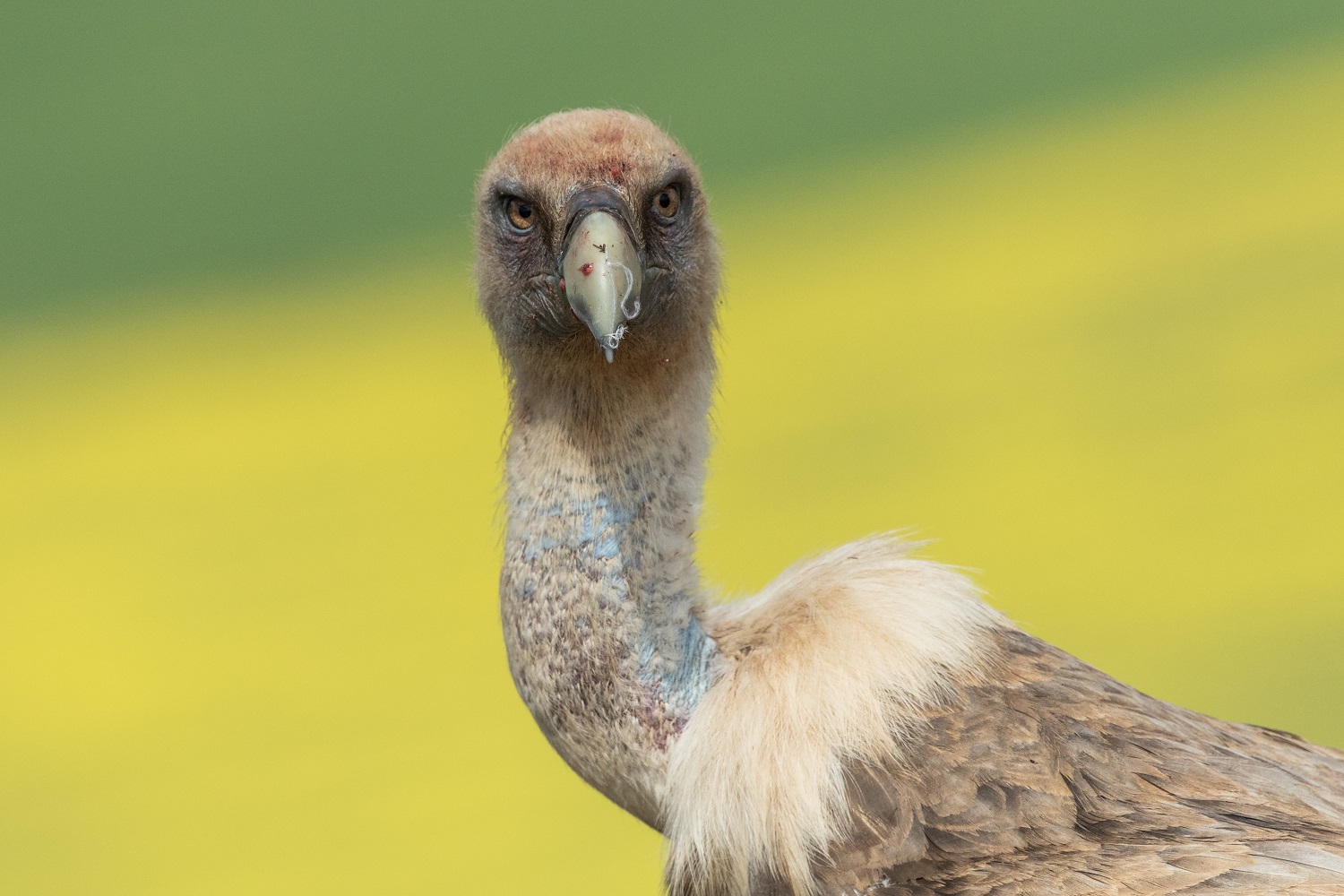Obligate scavengers (i.e. those that survive solely from eating dead animals) such as Griffon Vultures consume large volumes of carrion derived from animal carcasses. For this reason, they provide significant environmental and socio-economic benefits (ecosystem services), such as halting the spread of disease and removing soil and water contaminants.
As part of the EU-funded project “LIFE with Vultures”, the Vulture Conservation Foundation (VCF), conducted a study to assess some of the benefits that could arise from a sustainable vulture population in Cyprus.

Well-fed Vultures means money in the bank
With the changes in agricultural management system in Cyprus, livestock keepers are obliged to take livestock carcasses to specifically designed processing plants for disposal, which means food shortage for Cyprus vultures. The study assessed the availability and consumption of carcasses by vultures and calculated the costs of the alternative, namely of transporting the dead animals (both financial and environmental) to processing plants. In Cyprus, it is estimated that every year around 17,000 dead sheep and goats are collected from areas within the Griffon Vulture’s feeding range. Of these, an estimated 2,500 could almost completely cover the annual food requirements of up to 200 vultures, a population size that would also ensure the long-term viability of the population. If these carcasses ended up in the nearest vulture feeding station, instead of a processing plant, this would reduce both greenhouse emissions and the cost of collecting and transporting dead animals to the processing plants, by 43-61%. By promoting the scavenging services provided by the vultures, an important ecological function is restored that is for the benefit of the vultures, the environment, and ultimately people.

Sun, sea and vultures
A healthy Vulture population also creates recreational services in the form of ecotourism, particularly for birdwatchers and photographers. The study estimated the revenue that can be generated from various tourism activities in Cyprus related to the Griffon Vulture. As tourism in Cyprus generates € 2.7 billion annually and contributes 15% towards the GDP, the projected increase in the Griffon Vulture population through the LIFE with Vultures project could give an additional boost to the local economy. The study estimated that there could be revenue of up to € 648,818 per year from vulture-related tourism activities (such as birdwatching and photography). The study emphasizes that the various vulture-related leisure activities need to be studied in depth, as they can provide a source of income to local communities and at the same time give them an incentive to support conservation efforts.
More vultures, more benefits
The level of benefit provision resulting from vultures depends on the size of the population, which confirms the importance of conservation actions. In order for the positive findings of the study to become reality, it is vital to minimize the incidence of poison baits, which is the number one threat to Griffon Vultures in Cyprus.
LIFE with Vultures is a targeted conservation project for the protection of the Griffon Vulture in Cyprus. In this four-year endeavor (2019-2023), BirdLife Cyprus, the Game and Fauna Service, Terra Cypria – The Cyprus Conservation Foundation and the Vulture Conservation Foundation have joined forces to tackle the main threats facing the Griffon Vulture and prevent Cyprus’ most threatened bird of prey from going extinct. The project has a 1,375,861 Euro budget and is co-funded (60%) by the EU’s LIFE programme.


